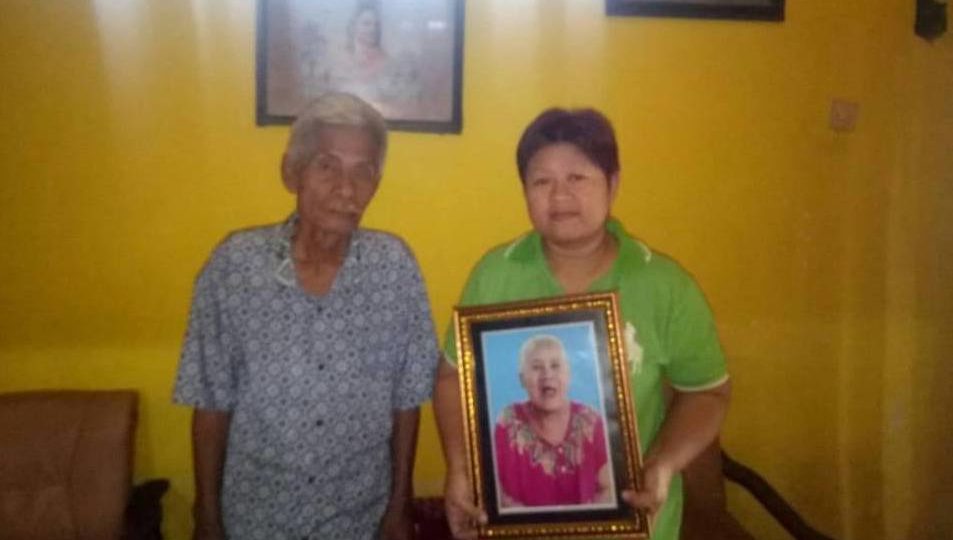Being a religious minority in Indonesia can not only lead to struggles in life, but also after death, as illustrated in this latest story of yet another burial dispute based on religion, this time taking place in Mojokerto, East Java.
As reported by CNN Indonesia, a Christian woman, named Bu Nunuk, from Ngares Kidul Village passed away last Thursday and had already been buried in a cemetery in the village on Friday. However, in a few months’ time, she will have to be dug out and buried elsewhere after her fellow villagers — the majority of whom are Muslims — protested on the grounds that she was buried on Muslim-owned land.
Imam Maliki, coordinator of the Mojokerto branch of Gusdurian, a group that promotes religious tolerance in line with the teachings of the late former President Gus Dur, told the media that several locals initially resisted Nunuk’s burial at the cemetery. However, after a meeting involving the family and the village’s religious officials, the latter agreed to allow the burial, on the condition that no Christian rituals would be allowed to take place and that they wouldn’t use a cross-shaped marker on Bu Nunuk’s grave.
The family, reportedly wanting nothing more than to immediately bury their loved one, agreed to those conditions.
However, two days later, the family received a letter from the villagers saying they have to relocate the grave because the villagers could not accept a Christian grave being mixed with Muslim graves on the plot of land.
“The land is waqf (mortmain property under Islamic law) belonging to Muslims, that’s the reason for the resistance. The people who oppose know that it’s a cemetery for Muslims,” Imam said.
Indonesian law recognizes the inalienable function of waqf property (as determined by the donator), but there has been no confirmation as to whether or not the land in question has been legally designated solely for Islamic graves.
At any rate, with Gusdurian in attendance, another meeting was held between village officials and the family, who have agreed to relocate Bu Nunuk’s grave. However, since there is no land currently available for her new grave, the village officials said they will need up to six months to find new land for Bu Nunuk, before which she can remain where she is.
Bu Nunuk’s grave dispute isn’t the only one to happen in Indonesia in recent months. In December 2018, Muslim residents in Yogyakarta forced a family to saw off a wooden cross-shaped grave marker belonging to their recently deceased loved one, on the grounds that they had plans to turn the cemetery into a Muslim-exclusive burial area.





Reader Interactions